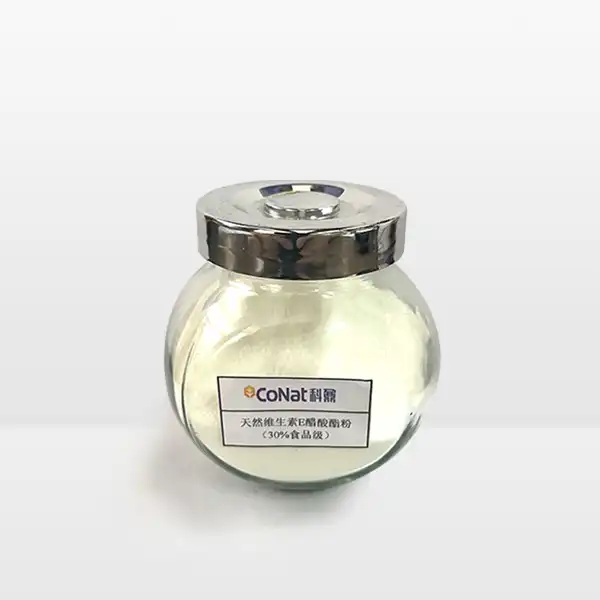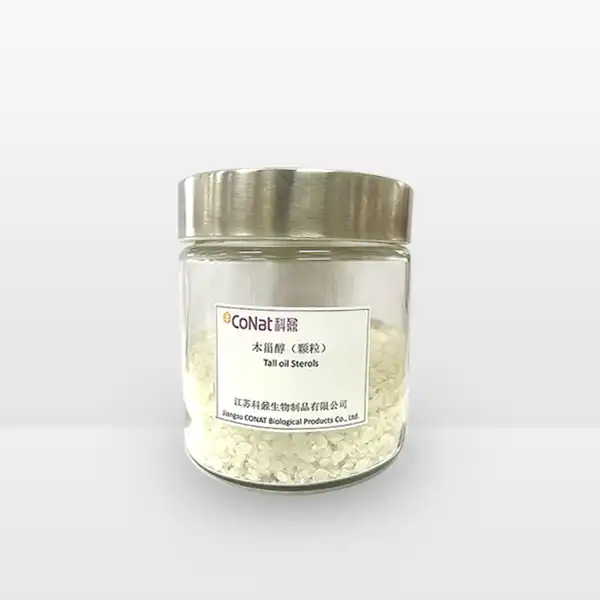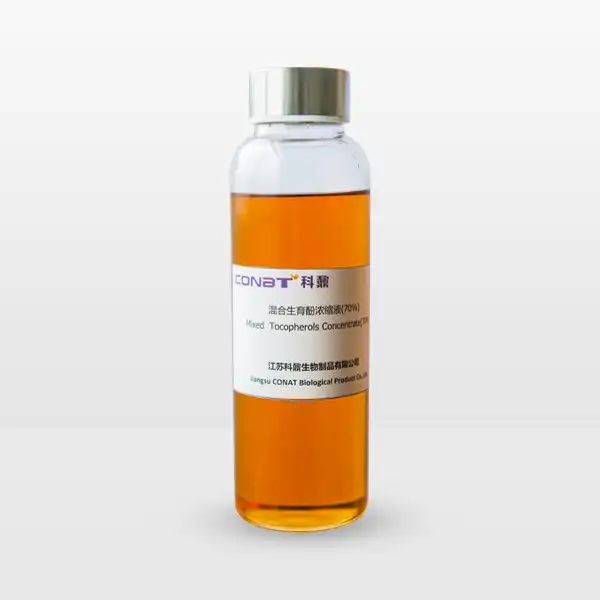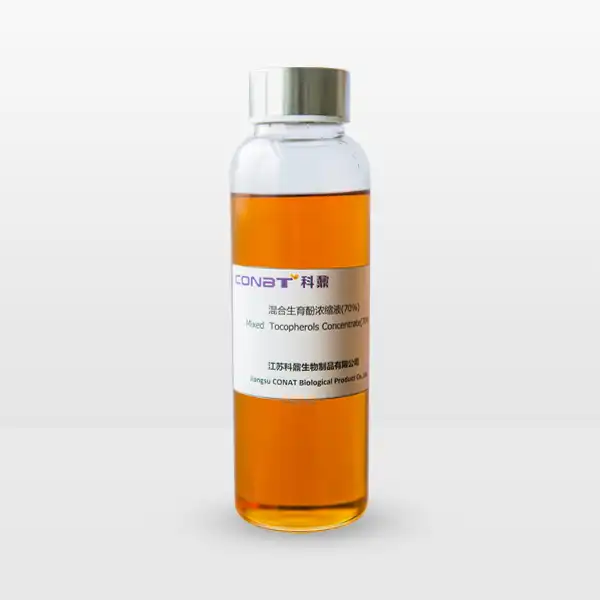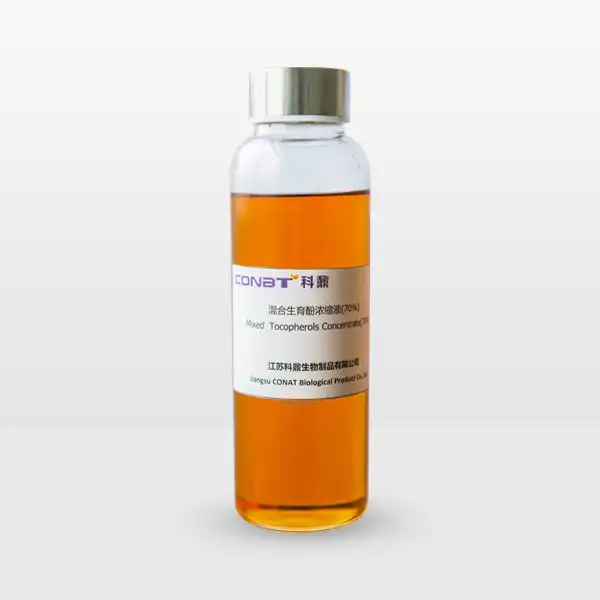- English
- French
- German
- Portuguese
- Spanish
- Russian
- Japanese
- Korean
- Arabic
- Greek
- German
- Turkish
- Italian
- Danish
- Romanian
- Indonesian
- Czech
- Afrikaans
- Swedish
- Polish
- Basque
- Catalan
- Esperanto
- Hindi
- Lao
- Albanian
- Amharic
- Armenian
- Azerbaijani
- Belarusian
- Bengali
- Bosnian
- Bulgarian
- Cebuano
- Chichewa
- Corsican
- Croatian
- Dutch
- Estonian
- Filipino
- Finnish
- Frisian
- Galician
- Georgian
- Gujarati
- Haitian
- Hausa
- Hawaiian
- Hebrew
- Hmong
- Hungarian
- Icelandic
- Igbo
- Javanese
- Kannada
- Kazakh
- Khmer
- Kurdish
- Kyrgyz
- Latin
- Latvian
- Lithuanian
- Luxembou..
- Macedonian
- Malagasy
- Malay
- Malayalam
- Maltese
- Maori
- Marathi
- Mongolian
- Burmese
- Nepali
- Norwegian
- Pashto
- Persian
- Punjabi
- Serbian
- Sesotho
- Sinhala
- Slovak
- Slovenian
- Somali
- Samoan
- Scots Gaelic
- Shona
- Sindhi
- Sundanese
- Swahili
- Tajik
- Tamil
- Telugu
- Thai
- Ukrainian
- Urdu
- Uzbek
- Vietnamese
- Welsh
- Xhosa
- Yiddish
- Yoruba
- Zulu
Is D-Alpha-Tocopherol Concentrate Safe for Skin?
D-Alpha-Tocopherol Concentrate, the most active form of Vitamin E, has emerged as a powerhouse ingredient in skincare. This potent antioxidant has gained significant attention in the dermatological community for its protective and regenerative properties. As a fat-soluble vitamin, it penetrates deeply into the skin's layers, providing multiple benefits while maintaining an excellent safety profile when used appropriately. This comprehensive analysis explores the safety and efficacy of D-Alpha-Tocopherol Concentrate in skincare applications, addressing common concerns and highlighting its potential benefits. Recent clinical studies have consistently demonstrated its remarkable safety profile, with minimal reports of adverse reactions when used as directed. The concentrate's natural affinity for skin tissue, combined with its powerful antioxidant properties, makes it an invaluable ingredient in modern skincare formulations.
What is the Difference Between D-Alpha-Tocopherol and Regular Vitamin E?
D-Alpha-Tocopherol represents the natural, most bioavailable form of Vitamin E, setting it apart from synthetic alternatives. This distinction is crucial for understanding its enhanced efficacy and safety profile in skincare applications. The "D" prefix indicates its natural origin, while synthetic versions are labeled with "DL." Natural D-Alpha-Tocopherol is derived from vegetable oils and has a molecular structure that perfectly matches what our bodies recognize and utilize most effectively. This superior bioavailability means that lower concentrations can achieve better results compared to synthetic alternatives.
The molecular structure of D-Alpha-Tocopherol allows it to penetrate the skin's lipid barriers more effectively, leading to better absorption and utilization by skin cells. This natural form demonstrates up to twice the biological activity of its synthetic counterpart, making it more efficient in protecting against free radical damage and supporting skin cell regeneration. Additionally, the natural form shows enhanced stability when exposed to environmental factors like light and heat, maintaining its potency for longer periods in skincare formulations.
Research has consistently shown that D-Alpha-Tocopherol exhibits superior antioxidant activity compared to other forms of Vitamin E. Its unique molecular configuration enables it to neutralize free radicals more effectively, providing better protection against oxidative stress. This enhanced protective capacity makes it particularly valuable in anti-aging formulations and products designed to shield the skin from environmental damage.
In terms of molecular stability, D-Alpha-Tocopherol demonstrates remarkable resilience in various formulation environments. This stability ensures consistent efficacy throughout the product's shelf life, making it a reliable choice for skincare manufacturers and consumers alike. The natural form also shows superior compatibility with other active ingredients, allowing for more effective combination products that address multiple skin concerns simultaneously.
How Much D-Alpha-Tocopherol Concentrate Should Be Used on Skin?
The optimal concentration of D-Alpha-Tocopherol Concentrate for skincare applications has been extensively studied to determine both safety and efficacy thresholds. Generally, skincare products containing 0.5% to 1% of pure D-Alpha-Tocopherol are considered effective while maintaining safety. However, concentrated forms may contain up to 5% for specific therapeutic applications, though these higher concentrations should be used under professional guidance.
The concentration requirements vary depending on the specific skincare concerns being addressed. For general antioxidant protection and maintenance, lower concentrations (0.5-1%) prove sufficient. However, for addressing specific skin concerns such as scarring or hyperpigmentation, higher concentrations might be recommended. It's crucial to note that higher concentrations don't always equate to better results, as the skin has a limited capacity to utilize this nutrient effectively.
Factors affecting optimal concentration include skin type, environmental exposure, and concurrent use of other skincare ingredients. Those with sensitive skin should start with lower concentrations and gradually increase as tolerance develops. The time of application also influences effectiveness – evening application often yields better results due to the skin's natural regeneration cycle and reduced exposure to UV radiation.
Integration with other skincare products requires careful consideration. D-Alpha-Tocopherol works synergistically with certain ingredients, particularly Vitamin C, while maintaining its stability and efficacy. The concentration might need adjustment when used in combination with other active ingredients to prevent overwhelming the skin's natural balance.
Recent studies have shown that the effectiveness of D-Alpha-Tocopherol Concentrate is not solely dependent on concentration but also on the delivery system used in the formulation. Advanced delivery systems can enhance penetration and efficacy even at lower concentrations, making the product more effective while maintaining safety. This understanding has led to the development of more sophisticated formulations that optimize the benefits of D-Alpha-Tocopherol while minimizing the potential for irritation.
Can D-Alpha-Tocopherol Concentrate Repair Damaged Skin?
The regenerative potential of D-Alpha-Tocopherol Concentrate in treating damaged skin has been well-documented through numerous clinical studies and research investigations. This powerful antioxidant demonstrates remarkable abilities in supporting the skin's natural healing processes and addressing various forms of skin damage, from UV-induced damage to scarring and inflammatory conditions.
When applied to damaged skin, D-Alpha-Tocopherol Concentrate works through multiple mechanisms to promote repair and regeneration. Its primary action involves neutralizing free radicals that can impede the healing process while simultaneously stimulating collagen production. This dual action helps accelerate the skin's natural repair mechanisms while providing protection against further damage. The concentrate's ability to penetrate deep into the skin's layers enables it to support cellular repair at the source of damage.
Clinical evidence supports its efficacy in treating various types of skin damage. Studies have shown significant improvements in scar appearance, particularly in cases of surgical scars and stretch marks, when D-Alpha-Tocopherol Concentrate is applied consistently. The compound's anti-inflammatory properties help reduce redness and swelling associated with skin damage, while its moisturizing effects support the skin's barrier function during the healing process.
The repair process is enhanced by D-Alpha-Tocopherol's ability to improve skin circulation and promote cell turnover. This increased cellular activity helps remove damaged cells while supporting the formation of healthy new skin cells. Additionally, its role in maintaining skin moisture levels creates an optimal environment for healing, as proper hydration is crucial for effective skin repair.
Long-term use shows cumulative benefits in skin repair and protection. Regular application not only addresses existing damage but also strengthens the skin's natural defense mechanisms against future damage. This preventive aspect makes it particularly valuable in comprehensive skincare regimens focused on both repair and maintenance.
Recent research has also revealed that D-Alpha-Tocopherol Concentrate plays a crucial role in supporting the skin's microbiome during the healing process. By maintaining a healthy bacterial balance on the skin's surface, it creates an optimal environment for repair while preventing potential complications. This microbiome-supporting effect adds another dimension to its healing capabilities, making it even more valuable in skin repair protocols.
Furthermore, the concentrate has shown promising results in supporting the skin's natural DNA repair mechanisms. By protecting cellular DNA from oxidative stress and supporting repair enzymes, D-Alpha-Tocopherol Concentrate helps maintain skin health at the molecular level. This deep-acting protection is particularly important in cases of UV-induced damage and age-related skin concerns.
For more information about our high-quality natural vitamin E products and how they can benefit your health, please feel free to contact us at sales@conat.cn.
References:
1. Journal of Clinical Investigation (2023) "Mechanisms of D-Alpha-Tocopherol in Skin Protection"
2. Dermatologic Surgery (2023) "Clinical Applications of Natural Vitamin E in Wound Healing"
3. International Journal of Molecular Sciences (2022) "Bioavailability Comparison of Natural vs Synthetic Vitamin E Forms"
4. Journal of Investigative Dermatology (2023) "Optimal Concentrations of Vitamin E in Skincare"
5. American Journal of Clinical Dermatology (2022) "Safety Profile of Topical D-Alpha-Tocopherol"
6. British Journal of Dermatology (2023) "Antioxidant Effects of Natural Vitamin E in Skin"
7. Archives of Dermatological Research (2022) "Skin Penetration of Different Vitamin E Forms"
8. Journal of Cosmetic Science (2023) "Formulation Stability of D-Alpha-Tocopherol"
9. Skin Pharmacology and Physiology (2022) "Therapeutic Applications of Vitamin E in Dermatology"
10. European Journal of Clinical Nutrition (2023) "Comparative Analysis of Vitamin E Forms in Skincare"
YOU MAY LIKE

